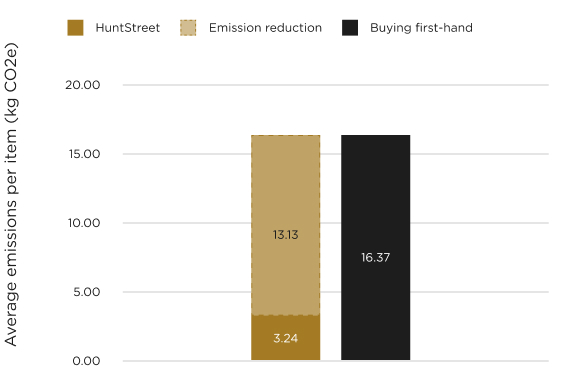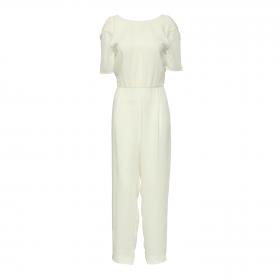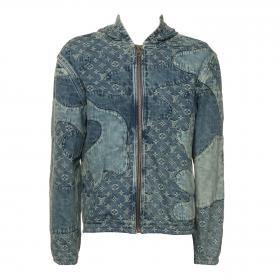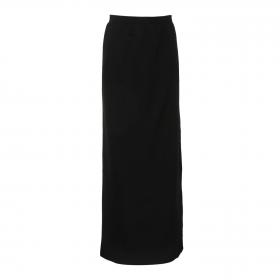My Bag
Your bag is still empty.
My Bag
Your bag is still empty.
CIRCULARITY AND BEYOND
Our commitment to circular fashion is in our DNA. Born from a desire for sustainable fashion, we provide a secure platform for rehoming preloved luxury items. Starting this year, we want to tell you our story. Join our journey on redefining the future of fashion, one item at a time. Learn more below to discover our initiatives.
1. Conscious
Transparency is key at Huntstreet. We believe in sharing our eco-conscious actions and data to raise awareness and inspire positive change in the fashion industry. Together, with Bumiterra, we keep track of our carbon emissions and are constantly working to reduce them.
OPENLY SHARING OUR PROGRESS.
100% Emissions transparency.
2. Circular
Circular fashion thrives on creating a closed-loop system that eradicates waste. We don’t only practice circularity by giving preloved luxury items a second chance, we also act as a platform where Hunters can buy these items from their earnings.
CLOSE THE LOOP, JOIN THE CYCLE.
1 in 10 Hunters are also sellers.
By improving seller engagement and tools, we create an accessible platform that welcomes circularity.
3. Climate
In our pursuit of minimizing our impact on climate change, we have joined the Bumiterra Collective to restore degraded lands back into its rainforest ecosystems. This restoration effort involves sequestering carbon emissions, regenerating biodiversity, and empowering local communities in Rumbih Village in the Kapuas Hulu Regency of West Kalimantan.
4. Waste Management
We are committed to promoting sustainability by managing waste in our office in collaboration with Bumiterra. We sort waste into three categories: hard plastics (PET, HDPE, PP), soft plastics (LDPE and others), and paper, which are then handed over to a trusted waste management company.
On average, shopping at huntstreet reduces EMISSIONS by
80.2%.
Every Purchase Count
Choosing to shop at HuntStreet not only significantly reduces your carbon footprint through the choice of preloved items but also by avoiding the production of new items. This approach minimizes emissions from production and only accounts for shipment emissions. In contrast, when purchasing items firsthand, the overall production emissions, including the sourcing and processing of materials, are considered.
71.4% of CO2e emission is reduced when you shop preloved denim.
Choosing preloved denim lands on a lower reduction of carbon footprint at 71% compared to the average of preloved items at 80% since it covers various categories. Denim production require massive amount of water for cotton growth compared to other fabrics like polyester and wool, leading to a higher carbon footprint. From growing and processing the cotton to dying it, a single pair of new jeans uses up to 11,000 litres of water!
Shop Denim With UsMEET OUR GREEN MUSE
Empowered women in fashion who lead the way for HuntStreet's mission.




















.jpg)





.jpg)
.jpg)
.jpg)
.jpg)
.jpg)
.jpg)
 - Copy.jpg)
